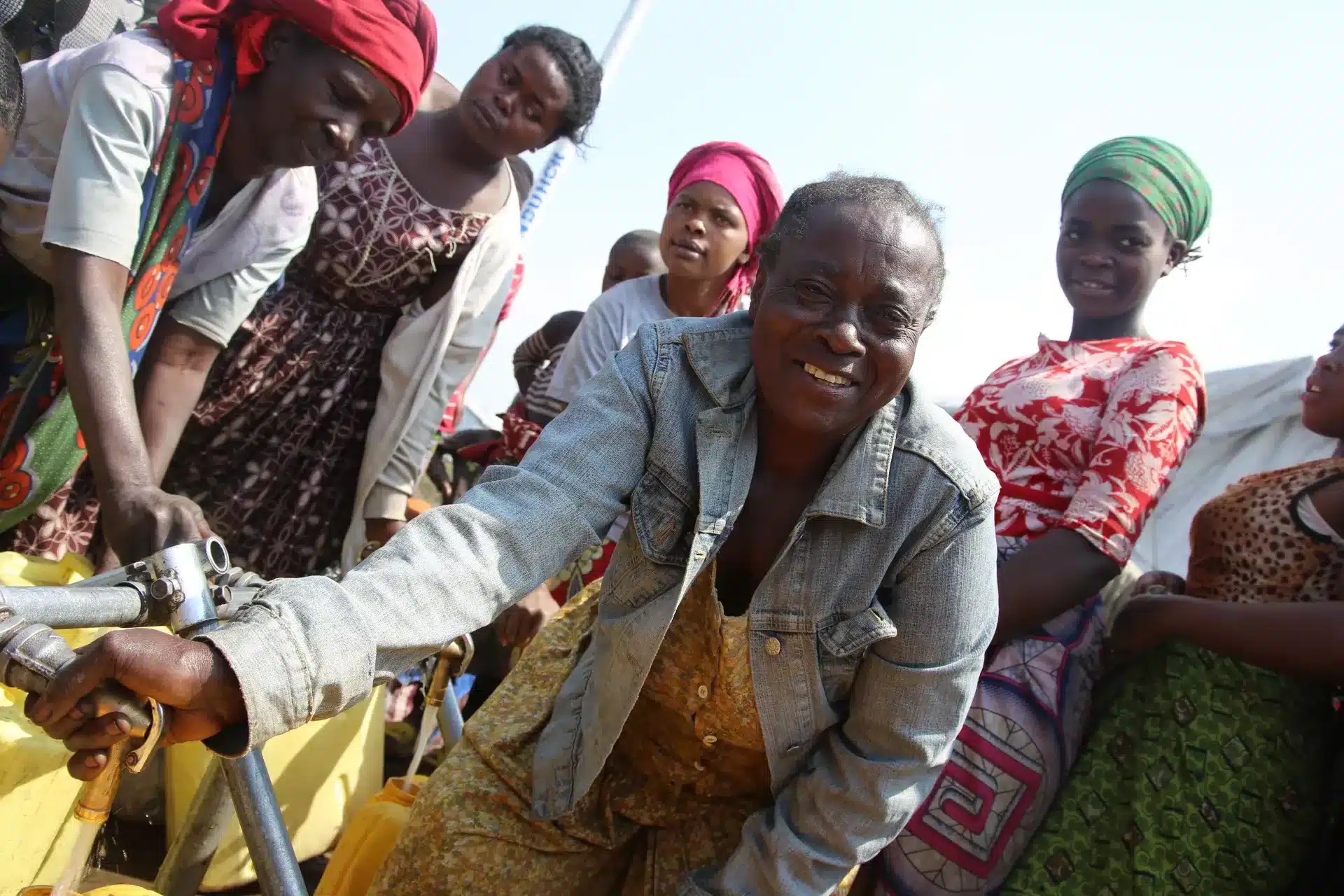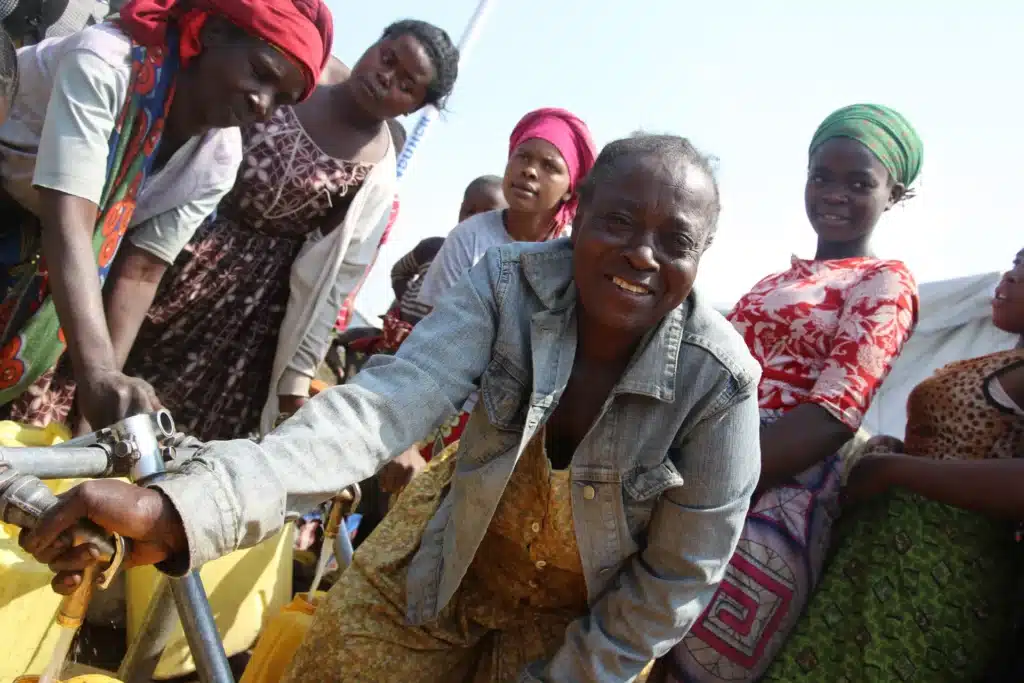
As conflict, displacement, and disease outbreaks intensify across the eastern DRC, access to basic sanitation has collapsed—leaving millions at risk of waterborne diseases such as cholera and diarrhoea.
Humanitarian groups like UNICEF, Oxfam, Mercy Corps, and the Danish Refugee Council (DRC) have ramped up Water, Sanitation and Hygiene (WASH) efforts. They’re constructing or rehabilitating latrines and showers in IDP sites, host communities, and surrounding settlements, accompanied by hygiene awareness campaigns to curb disease spread.
In Goma, Tearfund leads a joint emergency response including provision of WASH infrastructure, multi‑purpose cash aid, food security, health services and psychological support to displaced families amid recent violence. Meanwhile, UNICEF has installed safe water supply systems and sanitation facilities in schools and local communities throughout eastern provinces.
Caritas Congo, the Catholic aid network, reached over 2.4 million vulnerable people in 2023 and is working across the country to strengthen emergency health response and sanitation access, especially in regions hit by conflict and displacement.
Despite these efforts, gaps remain. Funding is insufficient to scale up long‑term infrastructure. Challenges include ensuring maintenance of latrines, ensuring safe faecal sludge management, and reaching remote and conflict‑affected areas.
But agencies emphasize the importance of combining physical infrastructure with community-led hygiene promotion—to ensure sustainable behaviour change and protect vulnerable populations from disease outbreaks.
